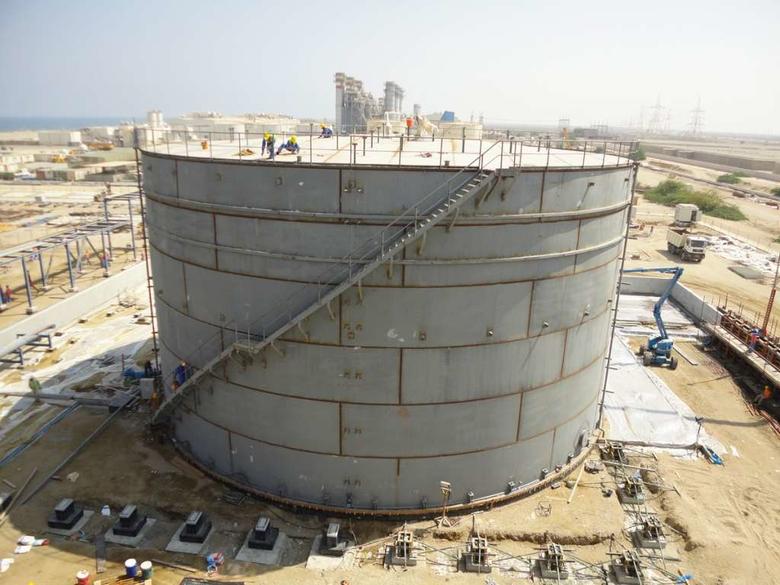
SAUDI RAISES PRICES

WSJ wrote, Saudi Arabia would "take any action to help" the crude-oil market and will discuss acting in coordination with other producing countries at a meeting in September, the kingdom's energy minister said on Thursday.
The comments by Khalid al-Falih, named energy minister in May, come as several nations in the Organization of the Petroleum Exporting Countries push for a revival of limits on oil production. Oil prices have remained stuck below $50 a barrel for much of the summer, well below what many in OPEC, the 14-nation oil cartel, need to balance national budgets.
Saudi Arabia has resisted calls to limit production and walked away from a meeting in April when producers like Russia, Venezuela and Iraq said they were ready to "freeze" their output at certain levels to bring supply back into balance with demand.
On Thursday, in a question-and-answer session with the state-run Saudi Press Agency, Mr. Falih said an energy conference in Algeria in September provided an opportunity for OPEC and other producers to discuss "any possible action that may be required to stabilize the market."
"We are, in Saudi Arabia, watching the market closely, and if there is a need to take any action to help the market rebalance, then we would, of course in cooperation with OPEC and major non-OPEC exporters," he said, according to a transcript released by the Saudi energy ministry.
A Saudi official said the comments, which are part of a draft transcript of an interview with state-owned Saudi Press Agency, were emailed accidentally to reporters. A final draft is expected to be sent out later on Thursday, he said.
Oil prices rose almost 4% after Mr. Falih's comments were published. Brent crude, the international benchmark, increased to $45.74 while U.S. prices rose to $43.33.
Mr. Falih didn't indicate what form "action" by Saudi Arabia would take. It is widely interpreted to mean cutting production levels to help bring global supplies closer to the level of consumption, which would normally make oil more scarce and in theory more valuable.
That is something Saudi Arabia has been unwilling to do for the past two years as oil prices collapsed because of a global glut of supplies. With new production coming from the U.S. and others, Saudi Arabia signaled its production cuts wouldn't be effective and worked instead to raise its output and compete for its share of the global market.
Saudi Arabia says its production increased in July to a record 10.67 million barrels a day—partly due to high summer energy demand locally. The output figures indicated that Saudi Arabia wasn't done in its quest to keep gaining market share.
On Thursday, Mr. Falih said oil prices were unsustainably low. He blamed investors who have taken short positions on oil, and said actual supply and demand dynamics were changing in a way that should lift prices.
The International Energy Agency on Thursday released data supporting that thought, noting that crude-oil production was falling behind demand. There are still large stocks of crude-oil inventories to burn through across the world, though, something Mr. Falih said would take time.
"We are on the right track, and prices should reflect that," Mr. Falih said.
Saudi Arabia didn't agree to limits on its production back in April because Iran, its regional rival, refused to join in. Several OPEC members want to revive the idea because Iran has regained much of the energy-industry might it lost during the years of Western sanctions.
In June, Mr. Falih signaled that Saudi Arabia was willing to take action to help the market, saying the kingdom, "due to its strategic importance, will be expected to balance supply and demand once market conditions recover." Many analysts interpreted that to mean that Saudi Arabia was willing to increase output in case of a supply shortage.
-----
Earlier:
SAUDI'S OIL PRODUCTION: 10.67 MBD







